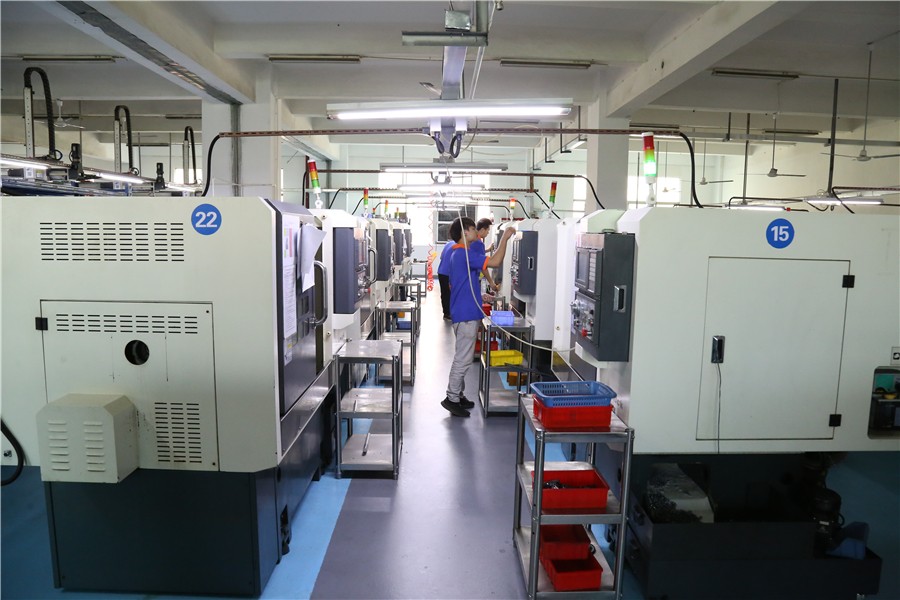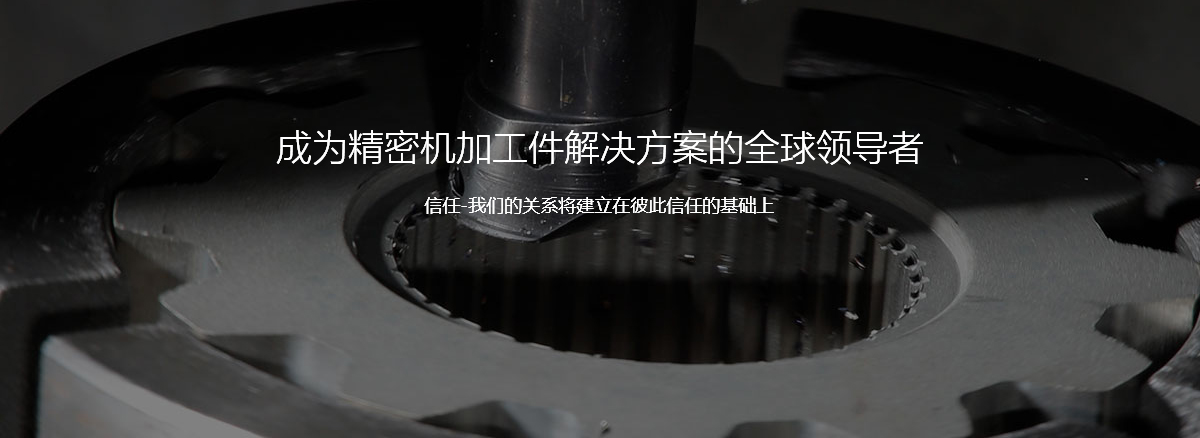In the die-casting industry, we all know that the surface defects of die-casting parts are common, and there are many types of defects, and the names of different places are also different, such as flow marks, and some are called streaks. What is confusing is how the flow marks of die castings are produced. Is there any solution? 1. What are the flow marks in die castings? The main feature of the flow mark of the die casting is that the surface of the casting presents a smooth local settlement pattern consistent with the flow direction of the liquid metal. Flow mark defects have no development direction and can be removed by polishing methods. How to produce flow marks on die castings? Die casting manufacturers analyze several reasons for flow marks: ① The marks left by two metal flows filling the cavity asynchronously. ② The mold temperature is low, such as zinc alloy mold temperature <150°C, aluminum alloy mold temperature <180°C, and such defects are prone to occur. ③ The filling speed is too fast. ④ Too much paint is used. How to eliminate flow mark defects in die castings? Jiawei's solution: ① Adjust the cross-sectional area or position of the gate. ② Adjust the mold temperature and increase the overflow groove. ③ Adjust the filling speed and change the flow pattern of the filling cavity. ④ The coating should be thin and uniform. 2. Die casting industry standardization work perspective analysis Energy saving and emission reduction has become the main theme of today's society. Compared with traditional die-casting machines, energy-saving die-casting machines not only have excellent performance in terms of energy consumption, function, response speed and control accuracy, but also save money for enterprises. Therefore, it is widely welcomed by die casting machine manufacturers and users. This means that China's die casting industry will usher in a big leap. According to the "2015-2020 China Die Casting Industry Market Outlook and Investment Strategic Planning Analysis Report", China's die casting industry has continued to develop in recent years. With the improvement of technology and core competitiveness, domestic die casting machines have gradually integrated into the world market. The development of the die-casting industry, on the one hand, provides a larger stage for the development of die-casting machines in China, and on the other hand, it also puts forward higher requirements for the continuous promotion of die-casting machines. As we all know, the process of die casting machine is generally divided into the following stages: mold clamping, soup delivery, injection, core pulling, mold opening, ejector pin, cooling and pressure accumulation. In each stage, hydraulic oil is pumped from the oil pump motor to each cylinder, pushing the transmission mechanism to complete a series of actions. The matching of pressure and flow in each stage is different. In a working cycle of the die-casting machine, the parts with heavier load are the high-pressure clamping and injection stages, and the other links are less loaded, so the load is almost zero during the cooling process. In the hydraulic system of the fixed displacement pump, the excess hydraulic oil flows back through the safety valve. This process is called high-pressure interception, and the energy loss it causes is generally around 50%.



